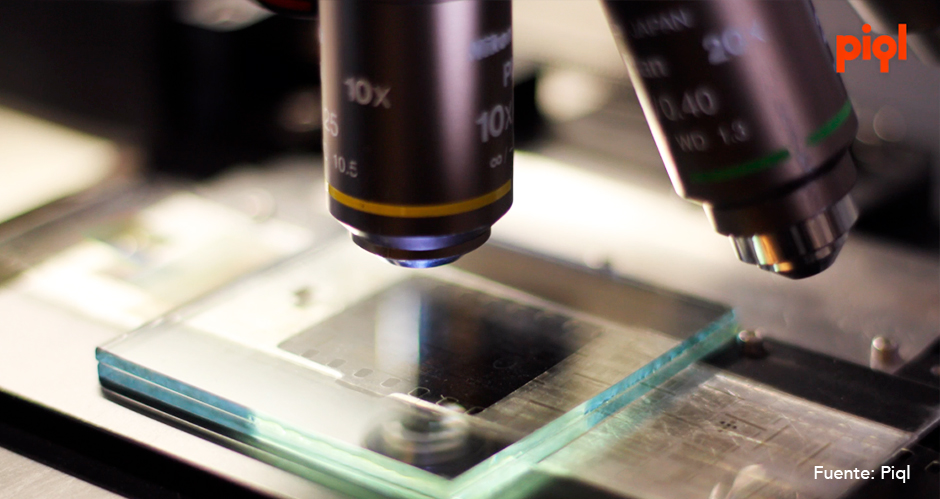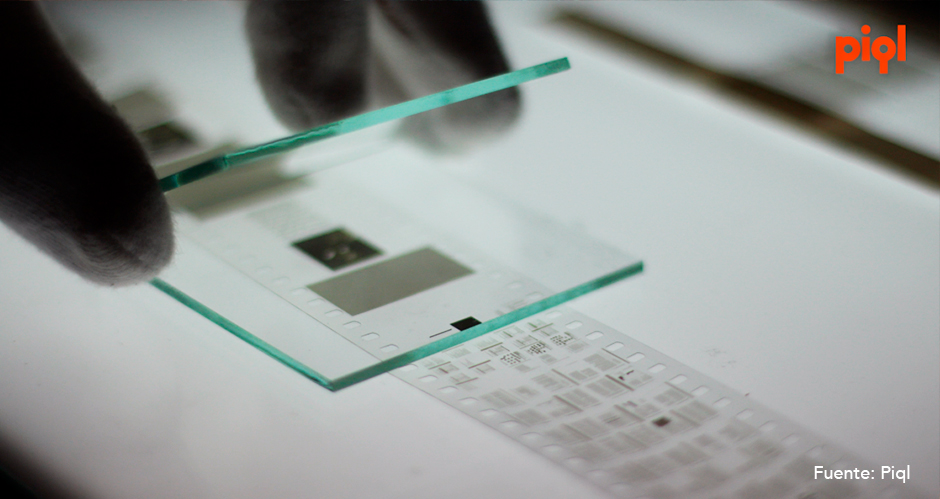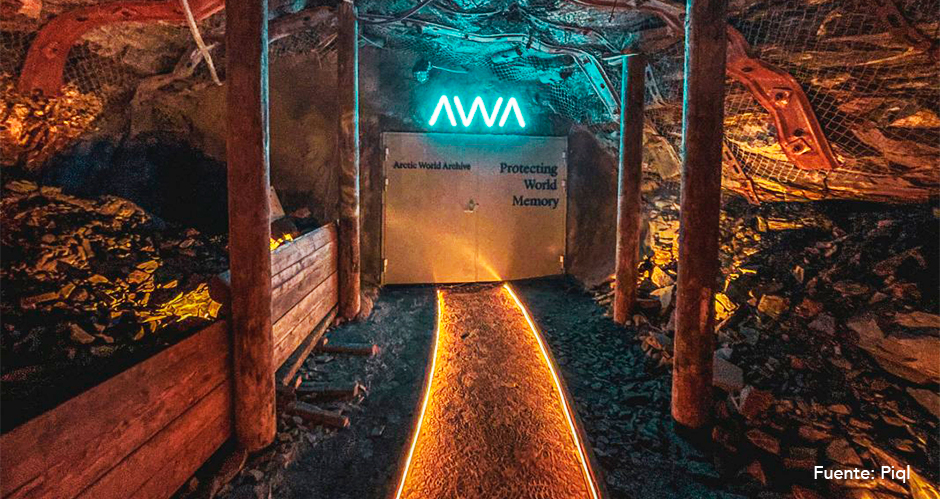Piql selected Wiese Foundation to be a part of a digital security pilot program that offers the conservation of up to 500 GB of valuable information.
Safeguarding important and valuable information for the future of mankind is a great task that the Norwegian company Piql has assumed as an institutional purpose. Hence, they have developed an innovative technological solution for the secure digital recording of information, which has the backing of the European Union. Wiese Foundation, for its part, has been responsible, since more than 30 years ago, for the custody and preservation of the findings and knowledge developed as a result of its works at the El Brujo Archaeological Complex.
Within the framework of an alliance between the two institutions, Piql will protect digital contents of Wiese Foundation connected to the El Brujo Archaeological Complex, such as its inventory and the photographs of its cultural goods, data on the archaeological research projects conducted, the project “The Face of the Lady of Cao”, the International Archaeology Colloquiums and other additional documents with valuable information.
“The Wiese Foundation has been one of the four institutions of Peru selected by Piql to be a part of this worldwide pilot projects group who have had access to this benefit of being able to have a space for preserving in a secure manner, offline, through a disruptive technology, all of its important files”, indicated Ingrid Claudet, general manager of Wiese Foundation, regarding the alliance.

Piql, security with state-of-the-art technology
Piql is a European company that uses leading-edge technology for file management and the permanent storage of valuable information from various organizations, which, indeed, also leads to the valorization of the preserved content and, furthermore, to the guarantee of future access to it.
The objective of Piql is to provide a holistic and innovative solution for the secure digital storage of valuable information, offline and for the long term. Those who are invited to be a part of their pilot program benefit from an avant-garde service for conserving digital data for up to 500 GB, using their technology, at no cost.

In Peru, Wiese Foundation was invited by the Piql company, together with three other organizations, to be a part of their pilot project. This convening took place as a result of the dissemination that the nonprofit organization conducts on its works at El Brujo, throughout its digital ecosystem.
“The Piql company was searching for four pilot institutions in Peru and learned about the work that the Wiese Foundation conducts, within the framework of its alliance with the Ministry of Culture, for the development of the research at the El Brujo Archaeological Complex and the preservation of its findings, as well as the social impact that this work generates for all Peruvians. That is why they contacted us and offered us the possibility of being a part of this project that has a global scope”, said Claudet.
The technological proposals from Piql are gaining ground worldwide, at a time when the digitalization of information is booming. Under this premise, having been invited by a company backed by the European Union, which also has an impressive World Archive in the Arctic, turns out to be great news.

“We feel honored and privileged to have been selected. We were the last institution in the world invited to have the possibility of enjoying this most valuable benefit and are very grateful”, said the general manager of Wiese Foundation about the call from Piql to the El Brujo Archaeological Complex to be a part of its project; one more step forward that ensures the preservation of useful and valuable information for future generations.









